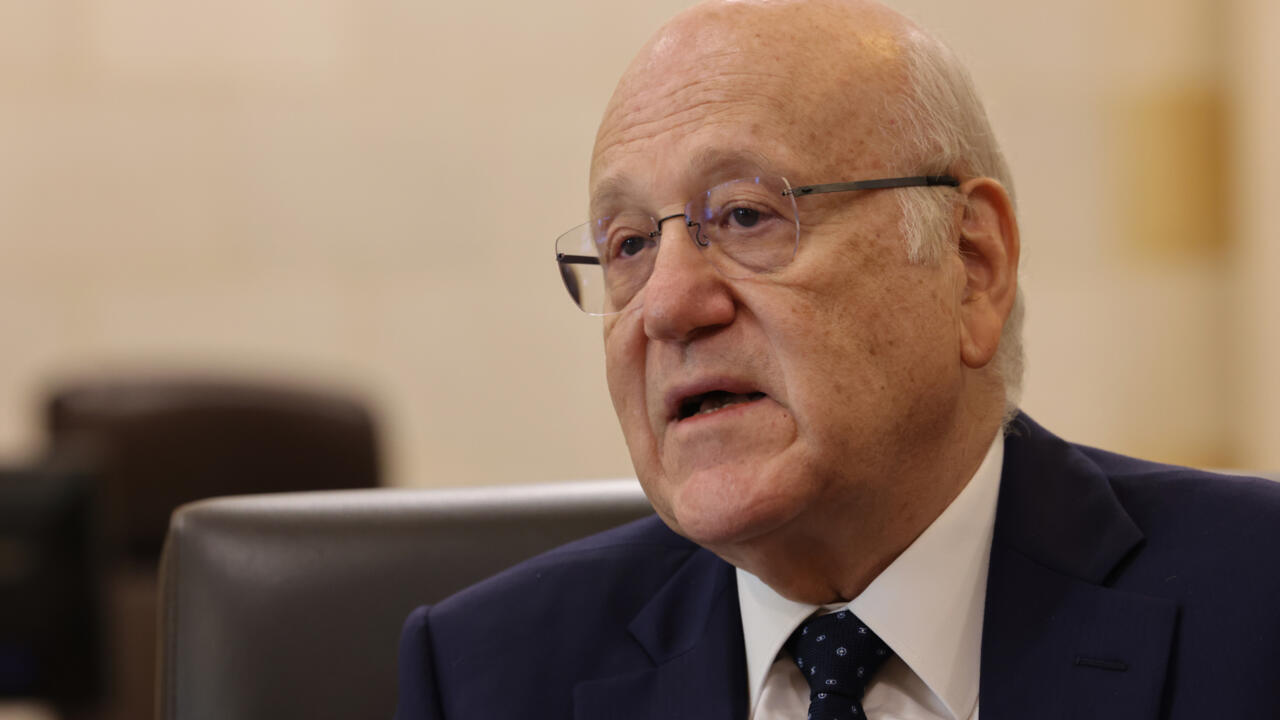Lebanon’s Prime Minister Najib Mikati said the international community had engaged in “serious efforts” to impose a ceasefire. “Currently we have 4,500 soldiers in south Lebanon, and we wish to add to them between 7,000 and 11,000,” Mikati said. He said his cash-strapped government would start by recruiting an additional 1,500 troops, and that as soon as any ceasefire is agreed they would move in soldiers from elsewhere in Lebanon.
“The Lebanese state is ready to impose its sovereignty over all of Lebanese territory,” he said, in a country where the powerful Hezbollah group holds sway, particularly over swathes of the south.
At least 1,315 people have been killed since Israel intensified its bombardment of Lebanon. The Israeli strikes – concentrated mostly on the south and east of the country, as well as the heavily populated southern suburbs of Beirut – have forced 1.2 million from their homes.
Mikati said security had been tightened at the country’s only airport in Beirut, to remove any potential justification for an Israeli attack. “The government is doing everything in its power to remove any pretexts from the Israelis’ hands,” he said. He said “everything is inspected” from passengers to goods, cargo and incoming aircraft. The airport was previously targeted during Israel’s last war with Hezbollah in 2006.
Later on Tuesday, Hezbollah deputy chief Naim Qassem warned Israel that the only solution to the current war was a ceasefire.
Mitaki said that “if a ceasefire is reached, there will be full cooperation between the Lebanese army and UN peacekeeping forces in the south in order to implement Resolution 1701”. Adopted in 2006, the UN Security Council resolution led to a ceasefire in the Israel-Hezbollah war that year and said the Lebanese army and peacekeepers should be the only armed forces deployed in the country’s south. The resolution also calls for Israel to withdraw troops from Lebanon.
His comments came as Israel faced severe criticism over injuries and damage sustained by the UN peacekeeping force, which has been deployed in Lebanon’s south since the first of Israel’s four major ground offensives against its neighbour in 1978.
He also said that there were “serious efforts” to name a new president. The country is reeling from war and five years of economic collapse and has not had a head of state for almost two years. “Electing a president is of the utmost necessity presently.”


